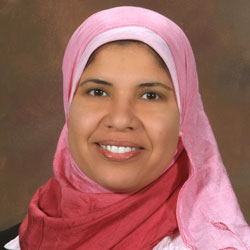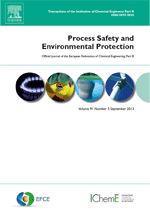 After five years, Elsevier has finally issued a notice of retraction for a paper it announced it was pulling for fraud in 2011.
After five years, Elsevier has finally issued a notice of retraction for a paper it announced it was pulling for fraud in 2011.
All of the papers were produced by a research group in Brazil; all were retracted after the publisher conducted an investigation, concluding that the NMR results had been manipulated. At the time, the last author on the latest retraction, Claudio Airoldi, defended the work. Since then, however, Airoldi has logged two more retractions, bringing his total to 13.
Here’s the full text of the retraction notice, from Process Safety and Environmental Protection: Continue reading Official notice published for chem paper slated for retraction in 2011
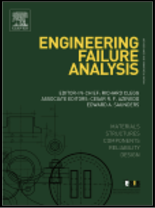
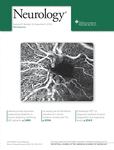 A new analysis of more than 30 clinical trials co-authored by a bone researcher based in Japan is casting doubt on the legitimacy of the findings.
A new analysis of more than 30 clinical trials co-authored by a bone researcher based in Japan is casting doubt on the legitimacy of the findings.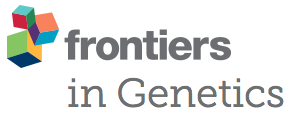
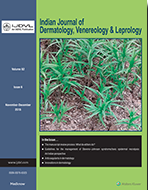

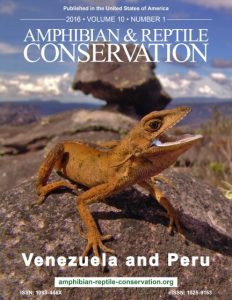
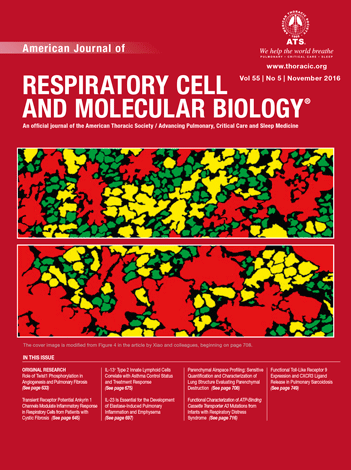 Two former researchers at Duke University at the center of a lawsuit by a whistleblower to recoup millions in federal funding have lost yet another paper.
Two former researchers at Duke University at the center of a lawsuit by a whistleblower to recoup millions in federal funding have lost yet another paper.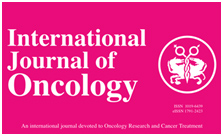 Researchers have retracted their third paper due to missing original data, following an investigation at their former institution in New York.
Researchers have retracted their third paper due to missing original data, following an investigation at their former institution in New York. 